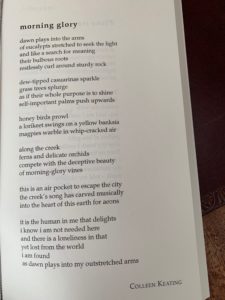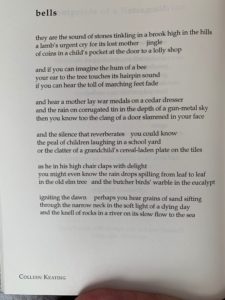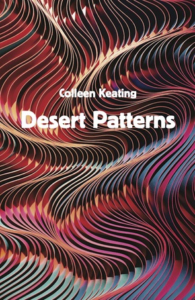
978 1 76041 844 1, 94pp

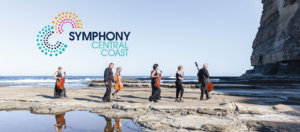
What a moving, exciting afternoon concert we experienced on Sunday 23rd February 2020.
Originally it was to be held in The Entrance Park and we had planned to walk there but the flood of Tuggerah Lake has caused damage in the park hence it was changed to Kibble Park in Gosford. Kibble Park is a very pleasing park but we needed to drive and hesitated about traffic and parking. By hook or by crook I wanted to go to this concert. So we went.
The concert called One Land, Many Stories brought together performers and composers to showcase quality Australian music – from quiet reflections on our personal space in a very old country to an exuberant celebration of shared values.

There were stories of creation, ritual and first meetings
and music that evokes the Dreamtime spirit of Australia,
the grandeur of the colonial stock run
and the stars above us all.
Performers from Central Coast Grammar School and Central Coast Youth Orchestra,
plus special guest artists joined the Central Coast Symphony Orchestra. There was a world premiere of a piece by Kevin Hunt.
It began with with a smoking ceremony. Green eucalypts leaves smoked and gave off a wonderful healing aroma . Many bathed in the smoke but there was no need to file past as we felt the cleaning power from where we were sitting.
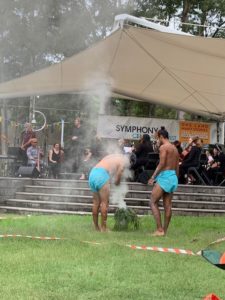
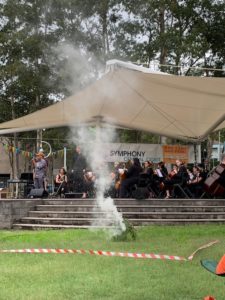
There was a heartfelt welcome to country. The first piece of music was very appropriate for Australia still grieving after the unprecedented Summer bush fire season – Peter Sculthorpe’s Earth Cry together with some insightful poetry about lament for Mother earth.
Next was An Ancient Forest Once Stood Here composed by Sarah Hopkins. Then a very Indigenous piece telling the creation story in music, poetry with clap sticks in unison with the European pealing of bells and the earthy magic of the didgeridoo .
Next was Stars Above us by Stephen Conroy, then the World premiere of Kevin Hunt’s
Yaggabantana. The lyrics were sung in one of the Indigenous languages with the British settlers singing in English as they learn and copy each others language.
After interval we learnt that Spike Milligan was a Central coast boy and he composed A grand waltz for the Central Coast . Next Aurora Australis composed by Martyn Hancock from Tasmania.
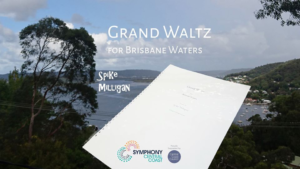
Listening to this music one could hear the cracking of the ice and the fiery colours scintillating across the night sky. It was an exhilarating piece.
Not my favourite, but i accept we need experimental music. Kinetica by Mark Grandison was experimenting with sound and I could see the young people in the orchestra were really enjoying it.
Then we segued with poetry from Man from Snowy River and and the music from the movie which blended into Waltzing Matilda and back to the overture of The man from Snowy. We could see those brumby horses go.
Finally We are Australia sang in language and English. Breath-takingingly beautiful. Heartwarming and healing. As Stan Grant says we are making the space for the conversation and we are coming together more and more.
By the way, the birds in the trees loved the soirée. They made their presence heard .It was a delight to hear them as they have been so silent all summer.
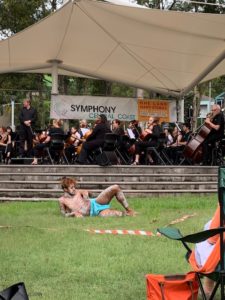
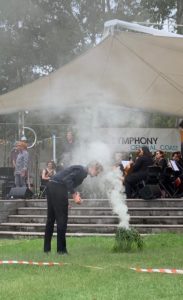
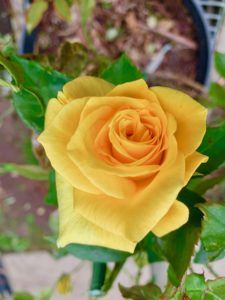
The Yellow Rose
And the weather turns around
from pyrocumulous horror
our infernoed land is drowned
in flooding rain
and now a misty morning
for walking once again
after a scorching summer
of ash and smoke hazed air
I see the rosebush has survived 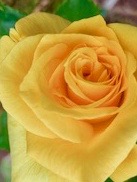
for the yellow rose nods
smiles as if it recognises me
and murmurs
just for a moment
it stops me in my tracks draws me in
then its smile is in the curled petals
its nods in the zephyr of breeze
and I move into my day singing
my rose has the look of a flower
that is looked at*
acknowledged and loved
like the rose in the little Prince

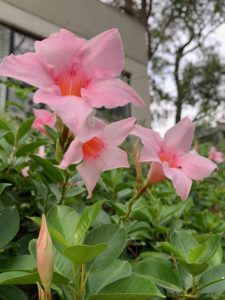
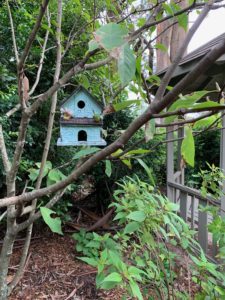
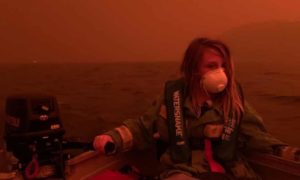
bearing witness
reverence is called for . . .
a mournful dignity on this beach today
it is far from the war zone
but each wave carries the remains
flanked with blackened ash
it lays to rest in curves on the sand
not stark stiff birds as sometimes washed up
blown in by severity of storms
here is death consumed
held up evidence
as flotsam 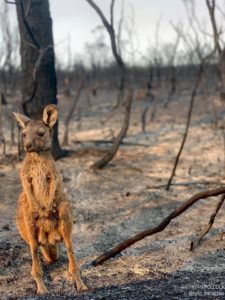
and left like wreaths
curved around a cenotaph
wave after wave
sometimes when washed out
there is respite
for one does not know what to do
but it comes back on the tide with vengence
there is no escape to being the witness 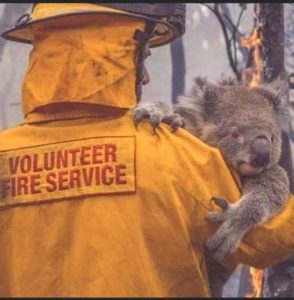
till one falls down on the sand to weep
and finds they’re not alone
as the lament of the waves
comfort with whispered threnodies
and hazed in smoke
the weeping eye of the sun waits
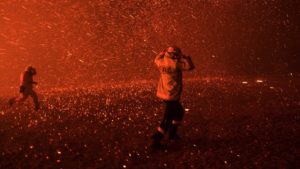
Small pockets of new life come up to meet us everywhere.
It does not help the many who have suffered the loss of loved ones,
those who have lost their homes and/or businesses.
It does not help the awful trauma that is with us
and it doesn’t alleviate the grief we bear as a nation
at the loss of our precious flora and fauna.
It is a sad, sombre and very sobering summer.
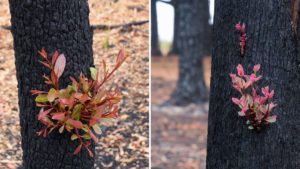
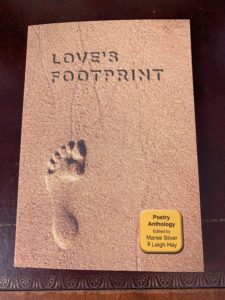
LOVE’S FOOTPRINT published by Poetica Christi Press
Edited by Maree Silver & Leigh Hay
It is exciting to have two poems chosen to be included in the very thoughtful Anthology Love’s Footprint published by Poetica Christi Press. My two poems ‘bells’ and ‘morning glory’ were chosen among 132 poems that make this Anthology an enjoyable read.
It has been a joy to read this anthology by poets whose experiences speak from and into vulnerability, risk, ageing and loss, in ways that are believable and moving. There were many notable poems which surprised and warmed me. You will be consoled and absorbed by the truth-telling of the poets who have in common the human and divine capacity to love in both action and word. (Marlene Marburg, poet and author Grace a upon Grace)
